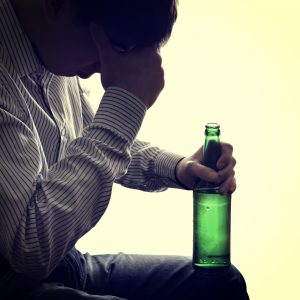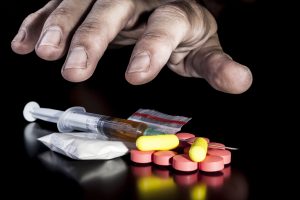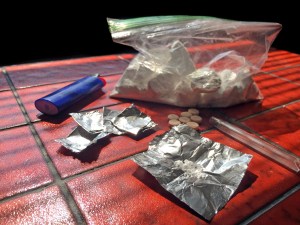It’s not always easy to tell if you’re drinking too much or simply more than you want to be. After all, “normal” drinking behavior for one person isn’t necessarily the same for another. Casual drinking is someone who doesn’t have more than a few drinks with friends and family. Casual drinkers don’t obsess over their next drink. They don’t have a second thought of leaving glass of wine half-drunk at dinner table. So, how will you know if you have a drinking problem? If you feel that your drinking behavior exceeds the basic definition of “casual,” it’s probably time to take a hard look at what role alcohol currently plays in your life. If “casual drinking” is at one end of the spectrum, “excessive drinking” is at the opposite side. The two types of excessive drinking are heavy drinking and binge drinking.
For men under 65, the general rule of thumb is that if you regularly drink four (or more) drinks a day, or more than 14 drinks in any given week, you qualify as a heavy drinker. Over the age of 65, both men and women qualify as heavy drinkers if they have more than three drinks per day—or seven drinks in a week. Binge drinking is an entirely different beast, though. This is when someone consumes a large amount of alcohol in a very short period of time. Typically for men, it’s five or more drinks in under two hours. For women, it’s four or more drinks in that same period of time.
Indications of Alcoholism
 It is important to bear in mind that a drinking problem isn’t always measured in the number of drinks someone consumes. For some people, an occasional night of binge drinking doesn’t automatically mean they have a chronic alcohol problem. There are, however, other signs to keep an eye out for. A major indication that you might have an alcohol problem is if you’re starting to neglect all the basic responsibilities in your life, be it school commitments, work tasks, or family obligations. Another sign is engaging in risky behavior such as driving while under the influence of alcohol. Another risky behaviors are mixing booze with prescription pills, or engaging in inappropriate relationships.
It is important to bear in mind that a drinking problem isn’t always measured in the number of drinks someone consumes. For some people, an occasional night of binge drinking doesn’t automatically mean they have a chronic alcohol problem. There are, however, other signs to keep an eye out for. A major indication that you might have an alcohol problem is if you’re starting to neglect all the basic responsibilities in your life, be it school commitments, work tasks, or family obligations. Another sign is engaging in risky behavior such as driving while under the influence of alcohol. Another risky behaviors are mixing booze with prescription pills, or engaging in inappropriate relationships.
Rewarding yourself with a drink after a difficult day at work, for example, can quickly turn into an unhealthy habit. There isn’t a fine line between someone with a “drinking problem” and alcoholism, the physical and mental dependence on alcohol.
After all, alcoholics oftentimes don’t look like they do in the movies. They aren’t always homeless, jobless, or carrying around a DUI on their legal record. If you find yourself craving alcohol, if you’re drinking alone or in secret, or if you’re unable to control how much you drink—these are all clear signs that you may have a problem with the bottle. Another huge sign that you might have a drinking problem is if you start losing interest in activities or hobbies that used to bring you pleasure. People with drinking problems can have a problem with the bottle and never even fully understand it. Pay close attention to your behavior. Chances are if you have drinking problem, your behavior isn’t just negatively affecting you—it’s affecting all people around you, too.



